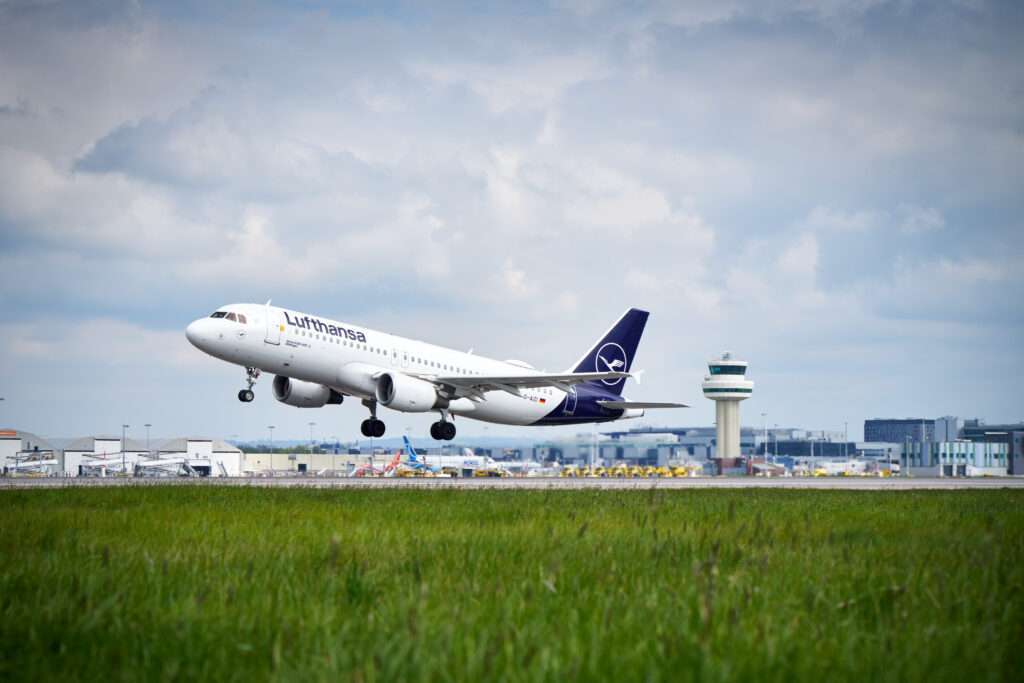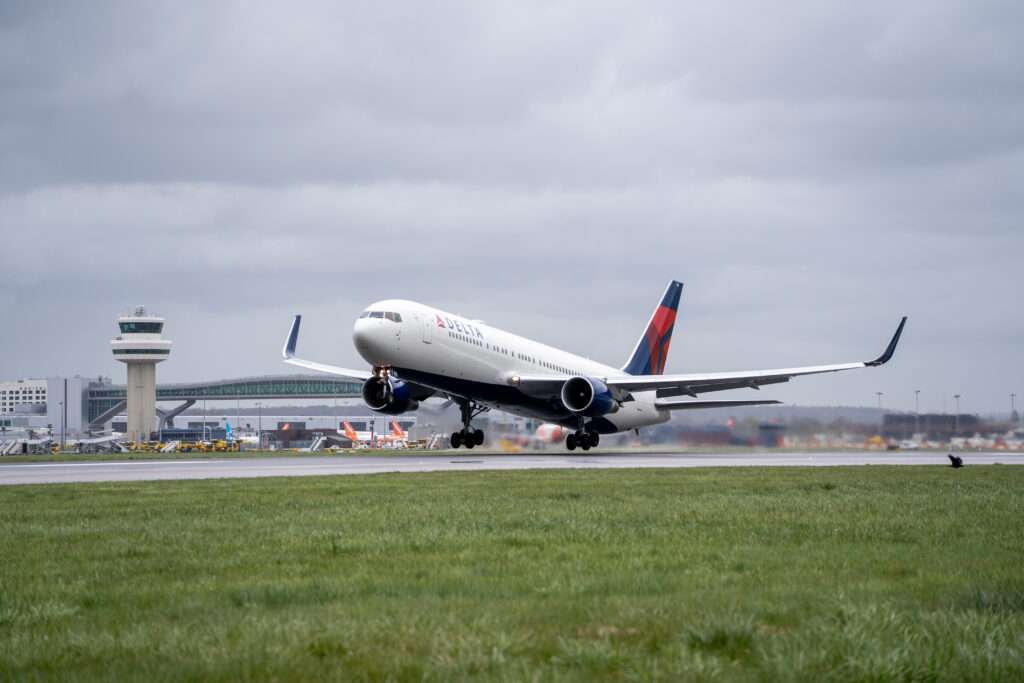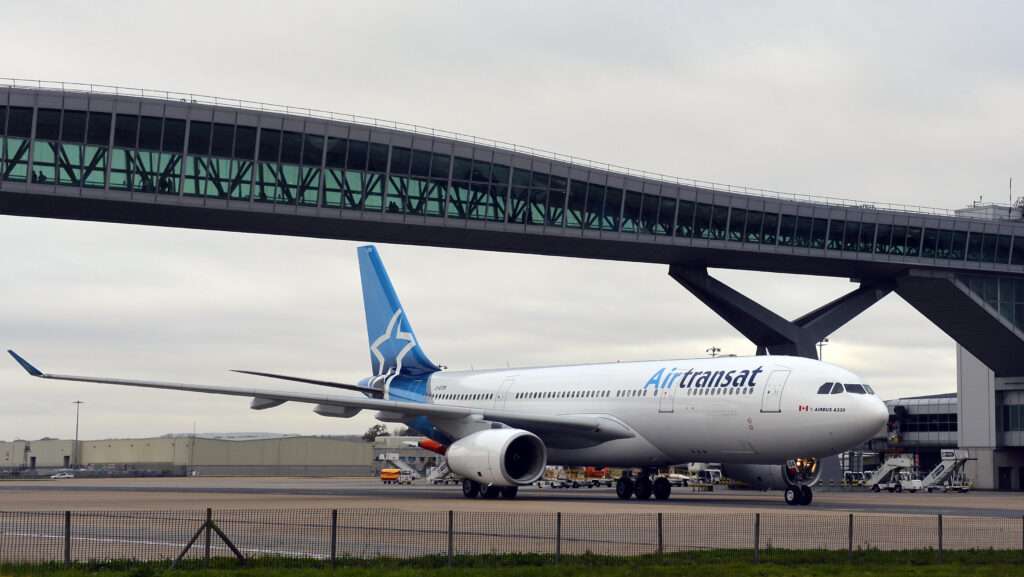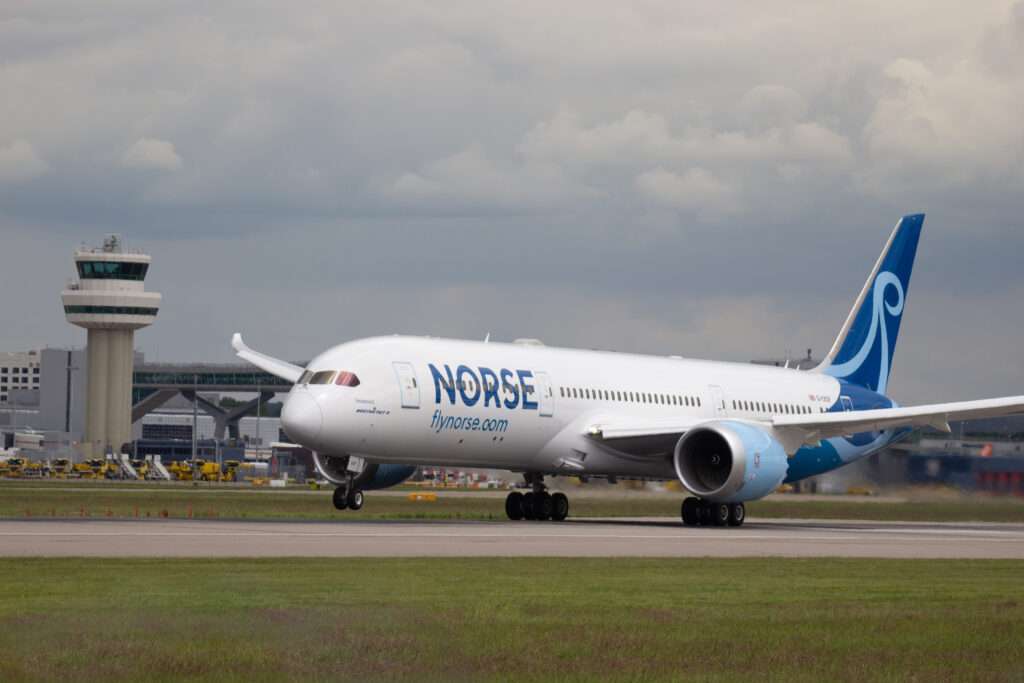What has remained evident over the Summer 2023 season is strike action. Like with the upcoming ones in Gatwick, is this an aviation-based case study on a collapsing Britain?
This piece will take a look at the Gatwick strikes amongst others due to take place, and what this is going to mean for Britain’s airline industry amid all of the external pressures currently.
Without further ado, let’s get into it…
Gatwick’s Ground Handlers Amongst Others Around The Country Going on Strike…

Ground handlers at London Gatwick Airport being represented by the Unite union will be going on strike from July 28 to August 1 as well as from August 4-8.
The likes of British Airways, EasyJet, Ryanair, Tui, Westjet and Wizz Air will be affected by this action, which the unions believe is the necessary course of action:
“During the pandemic, many companies at Gatwick Airport made large-scale redundancies and cut the pay and conditions of their remaining staff”, the union said on the action.
Many of the staff are paid under £12 per hour currently for a job that has dangerous and high-risk elements to it, which the unions believe don’t match the current pay structure.
From July 18, as well as staff from Gatwick, around 100 staff at Birmingham Airport are also going on strike, which is set to cause considerable disruption.
The aviation analytics firm Cirium has revealed the number of scheduled departures from Britain’s second busiest airport during the proposed strike period.
On the days of the new Gatwick strike, a total of 4,410 flights are scheduled to depart Britain’s second largest airport – equating to over 840,000 seats.
During the strike period, Gatwick Airport is projected to see an average of 441 daily departures, with easyJet being the biggest airline, followed by British Airways, TUI, Vueling and Ryanair.
The Reason of “Inflation” vs. Paying Staff Sufficiently?

What the current strikes are showing is that the argument of not implementing hefty pay rises due to inflation as well as the perspective of paying staff sufficiently for their labor has spread into the aviation industry.
However, with how difficult it has been to recruit staff into the airline or ground handling industry, maybe this is something that should be considered, but on a more careful basis.
With the UK economy currently having to deal with the heightened interest rates, a cost of living crisis, and the post-pandemic aftershocks, it can be a difficult thing to consider.
Obviously, on the more emotive side, this would open up more calls for higher wages, as the price of goods increase. Sounds reasonable enough.
With inflation rates not expected to drop for quite some time in the medium-term, the perspective of investing into staff across the airline industry is the reasonable thing to do.
[monsterinsights_popular_posts_inline]
Strike action in this industry can cause operations to become very volatile and non-responsive, and with the heavy travel demand taking place this Summer, and also next Summer too, all hands are needed on deck to cater to this.
So with that, you need a sufficient pay structure that reflects the hard work that takes place in the aviation industry every day.
Will The Currently Collapsing Britain Extend into the Aviation Industry?

What remains clear is that Britain’s aviation industry is being tested in its strength, and the strikes will exacerbate this.
However, we have the other external pressures within this that does put even more strain on the sector.
Just last week, easyJet revealed that it would cancel over 1,700 flights in a three-month period due to airspace closures in Ukraine, as well as ongoing strikes around Europe.
It can be quite baffling that companies in the aviation sector are cancelling operations due to strike action, but may not necessarily do something about it.
And that can be the problem right there. In the context of the Gatwick strikes, could more be done to ensure that they are paid adequately?
The Other Side of the Argument: Inflationary Measures…

As mentioned briefly in this piece, many argue that pay rises are not the right thing to tackle the current inflationary destruction that Britain is receiving.
Some believe that by offering more pay rises, this will increase the cost of goods and services as it would be in line with the average hourly wage.
Even before COVID-19, the Cost of Living Crisis, and so on, pay has always been an issue within the aviation industry. So is this being used as an excuse?
The UK Government have very much been taking a stance of “We have to bear the brunt of it until interest rates and inflation come down”.
That side of the argument can be understood. However, with the path that the aviation industry is going down, as well as the country in general, we could very well be on the road to oblivion, that not even a new government could fix going into the 2024/25 General Election.
This will be an interesting arena to watch, that’s for sure.

Click the banner to subscribe to our weekly newsleter.









